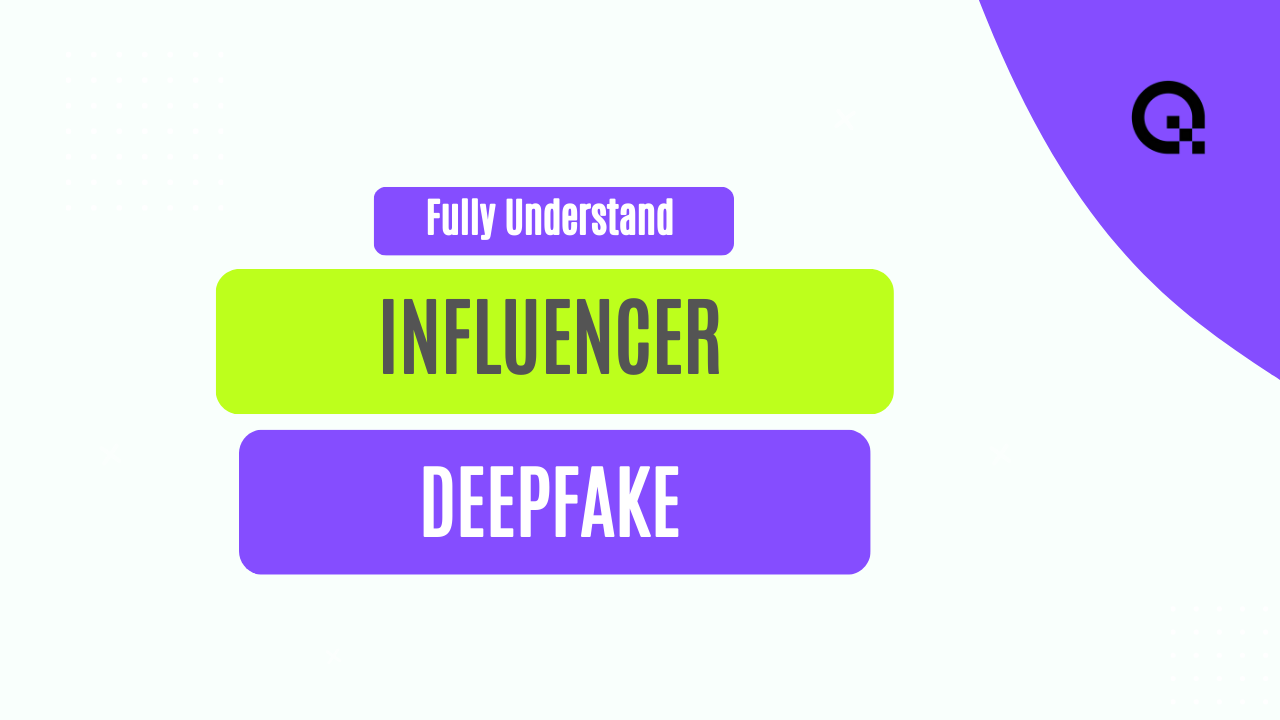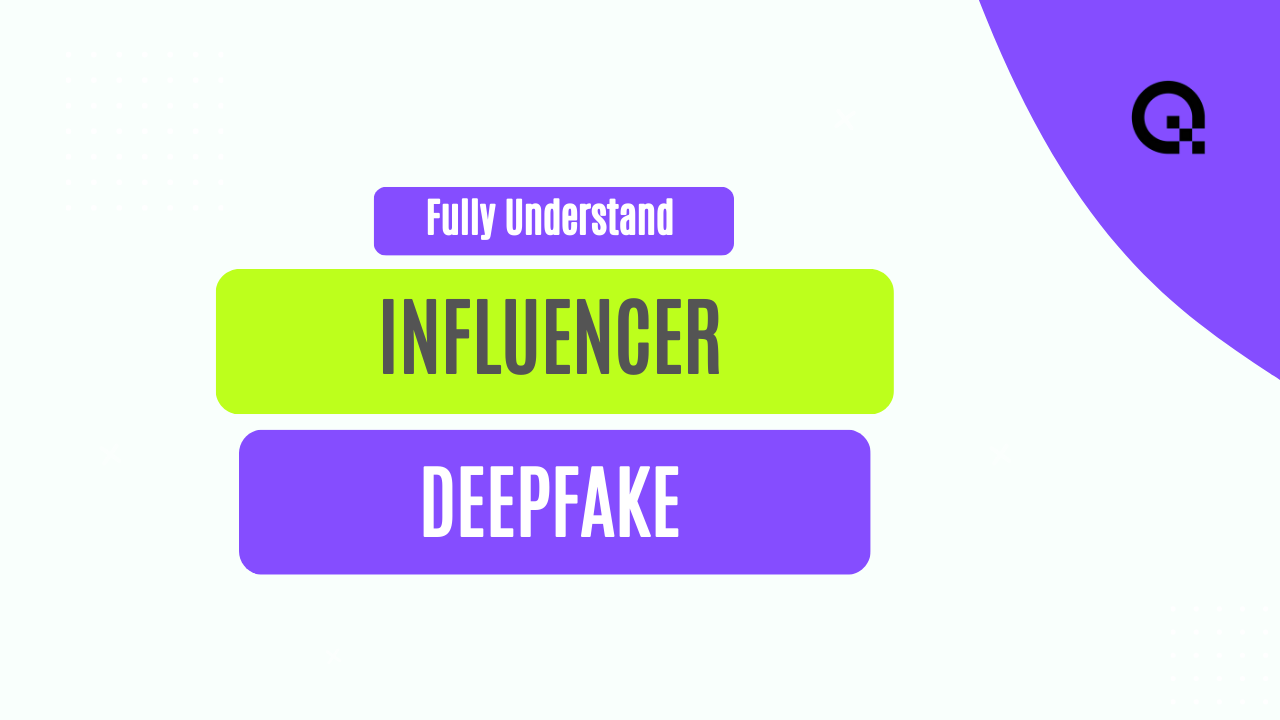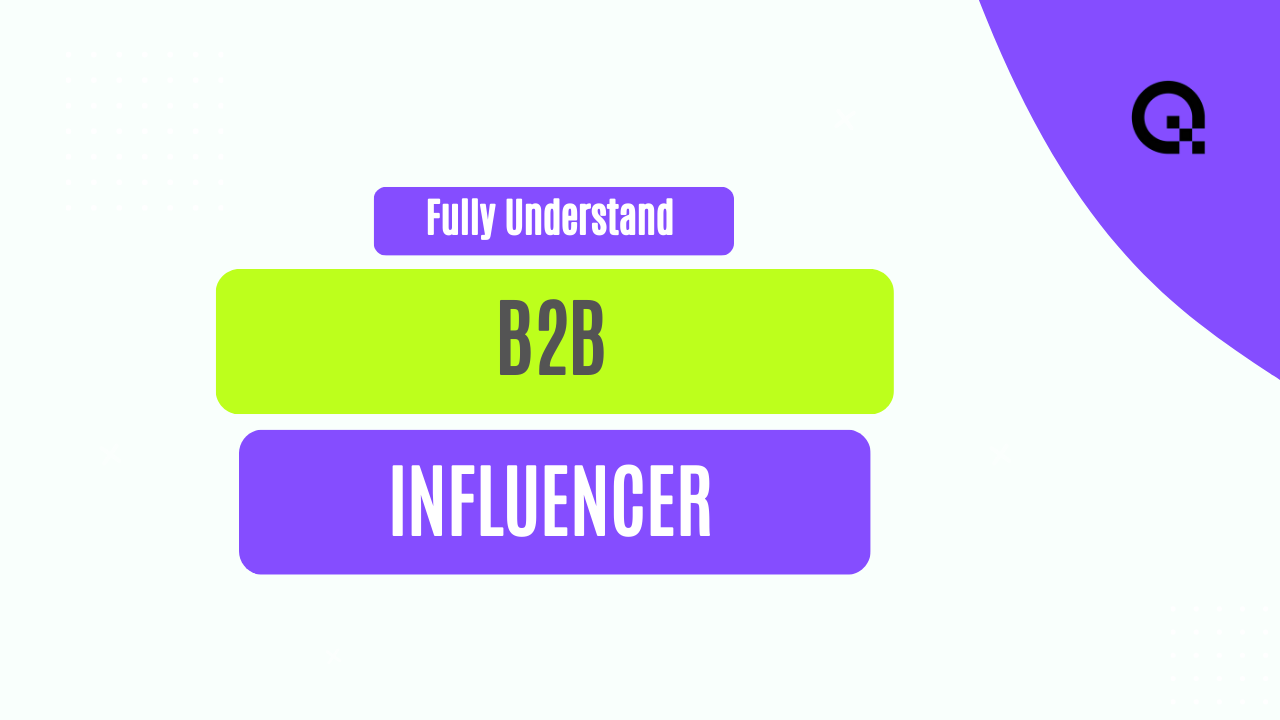The Impact of Deepfake Technologies on Influencer Marketing
In today's digital age, influencer marketing has become a powerful tool for brands to reach their target audience and increase brand awareness. Social media influencers have the ability to sway consumer behavior and shape trends, making them valuable partners for companies looking to promote their products or services.
The Rise of Deepfake Technologies
Deepfake technologies have revolutionized the way content is created and consumed online. These AI-generated videos and images have the ability to manipulate reality by superimposing faces onto different bodies or altering facial expressions, making it difficult to distinguish between what is real and what is fake.
While deepfake technology has been primarily used for entertainment purposes, its implications for influencer marketing are profound. Brands can now create virtual influencers with customized personalities and appearances, allowing them to control every aspect of their brand image.
However, the use of deepfake technologies in influencer marketing raises ethical concerns. Consumers may feel deceived if they discover that their favorite influencer is actually a computer-generated persona. This lack of authenticity can damage brand credibility and erode consumer trust.
The Benefits and Risks of Deepfake Influencers
On the one hand, deepfake influencers offer brands unparalleled creative freedom and flexibility. Companies can design influencers to fit their brand image perfectly, ensuring consistency in messaging and aesthetics. Virtual influencers also eliminate the need for costly photoshoots and endorsements, making them a cost-effective option for brands.
However, the risks associated with deepfake influencers cannot be ignored. The potential for misuse and manipulation is high, as malicious actors could create fake influencers to spread misinformation or engage in unethical practices. Additionally, the lack of transparency surrounding deepfake technology raises concerns about data privacy and security.
Despite these challenges, some brands have successfully integrated deepfake influencers into their marketing strategies. These virtual personas have garnered large followings on social media platforms and have been involved in high-profile campaigns. By leveraging the novelty and intrigue of deepfake technology, brands can capture the attention of consumers and stand out in a crowded digital landscape.
Navigating the Future of Influencer Marketing
As deepfake technologies continue to evolve, the influencer marketing landscape will undergo significant changes. Brands will need to carefully consider the ethical implications of using virtual influencers and prioritize transparency and authenticity in their campaigns.
Regulatory bodies may also step in to establish guidelines for the responsible use of deepfake technologies in marketing. By setting standards for disclosure and accountability, regulators can help protect consumers from deceptive practices and ensure the integrity of the influencer marketing industry.
In conclusion, the intersection of influencer marketing and deepfake technologies presents both opportunities and challenges for brands. By approaching this new frontier with caution and integrity, companies can harness the power of virtual influencers to engage audiences and drive brand growth.
Embracing Innovation in Influencer Marketing
As brands continue to explore the possibilities of deepfake technologies, the future of influencer marketing remains uncertain. However, one thing is clear – innovation and creativity will play a key role in shaping the industry's evolution. By embracing new technologies and adapting to changing consumer preferences, brands can stay ahead of the curve and create impactful marketing campaigns that resonate with their target audience.



